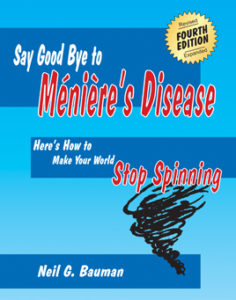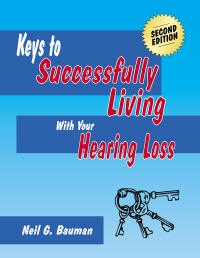by Neil Bauman, Ph.D.
© July, 2013
Scientists have been uncovering more and more genetic mutations that result in hearing loss. In fact, genetic mutations are linked to about half of all cases of hearing loss. (1)
The latest discovery, reported here, is by Dr. Karen Avraham at Tel Aviv University in Israel. She and her team discovered a mutation of the Nesprin4 gene.
Using deep genetic sequencing, she discovered that certain people with hearing loss “had a mutated version of the Nesprin4 gene, a part of the LINC group of proteins” in the inner ear. (1)
The function of this protein is to anchor the cell nucleus to the inner wall of the cell. Without the Nesprin4 protein anchoring the cell nucleus to the bottom of the cell where it belongs, the nucleus instead floats throughout the cell. The result of this “wandering nucleus” causes the cell’s other components to reorient as well. This ultimately harms the polarity of the cells which, in turn, hinders the cell’s electrical activity such that it cannot receive important electrical signals that determine proper hearing. Thus, without the ability to receive these signals correctly, hearing loss results. (1) Now you know.
___________
(1) Discovering the Missing “LINC” to Deafness. January 28, 2013. American Friends of Tel Aviv University.



1. Where can I go here in the US to find if I have a mutated version of the Nesprin4 gene? I have tried serveral hearing aids and they don’t seem to work for me.
2. Are there other options available when hearing aids don’t help with hearing loss?
Thanks
-Sam
Hi Sam:
I don’t know specifically–I assume you’d go to a place that does genetic testing.
When you say hearing aids don’t work for you, exactly what do you mean? They aren’t loud enough? They aren’t clear enough to understand speech? They don’t help you hear in noise? They don’t help you hear if it is quiet and the person is close to you?
My hearing aids help me in some situations and not in others. When they don’t effectively help, I switch to various assistive listening devices–and often they let me hear beautiful clear speech.
How bad is your hearing loss? If it is way down around profound, then you might want to consider cochlear implants instead of hearing aids. So there are some options that can help you.
Cordially,
Neil